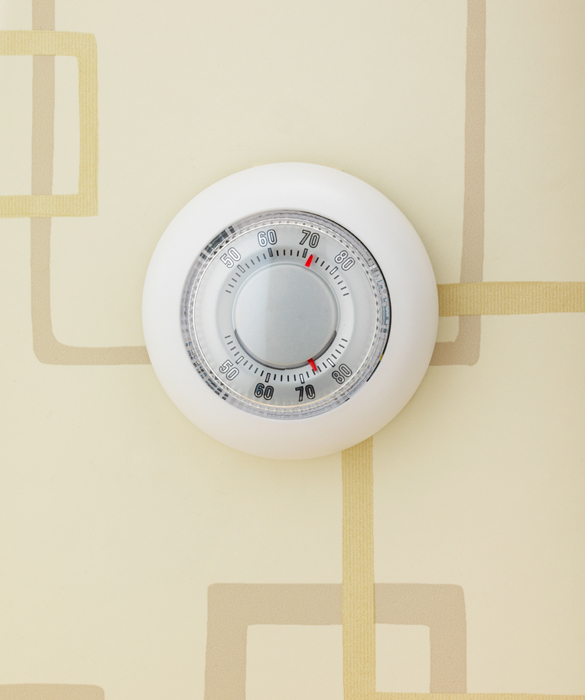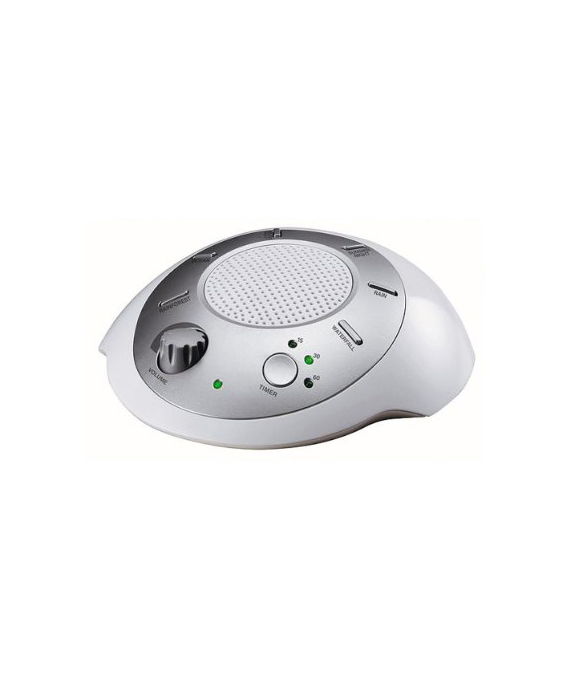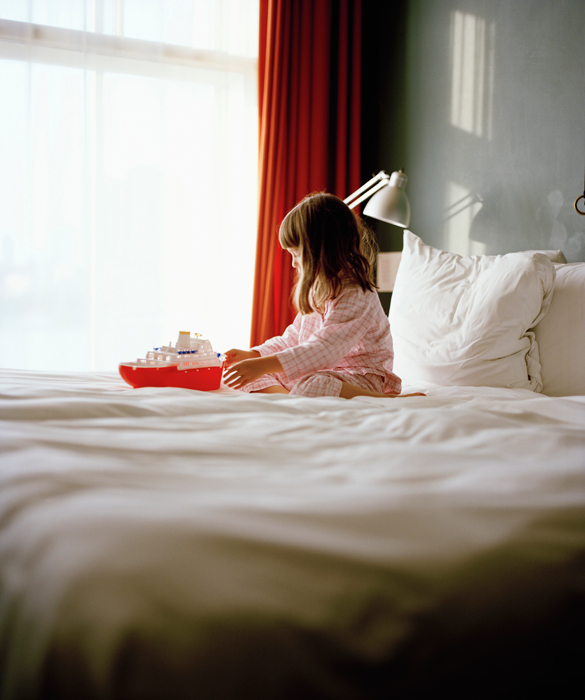Sleep? What's that?

There’s no doubt about it: Once you embark on the adventure of parenting, your sleep is going to be disrupted. From the discomfort of pregnancy, to trying to get your infant to sleep, to worrying about teens coming home late, it can be hard to get a full night’s rest. However, experts say you can get your sleep and tend to all your parenting duties. Here are tips that will help you get some shut-eye at all stages of motherhood.
Pregnancy: Sleep With This

Invest in a body pillow, recommends Robert Oexman, director of the Sleep to Live Institute in Joplin, Mo. They are available from a wide range of manufacturers for around $50. “As your body changes through your pregnancy, this pillow allows you to support areas that didn’t need it before,” he says. “It can also decrease the pressure off your lower back, and help avoid back pain many women suffer from, especially in their third trimester.”
Pregnancy: Keep Cool

Due to pregnancy hormones, your body becomes warmer at night, which can make it harder to sleep, according to Oexman. He recommends turning down the thermostat to 65-68 degrees. If the evening is chilly, you can still pile on the blankets. "However, exposing your head to the cooler air will cool down your core and help you sleep better," he says.
Pregnancy: Get in the Nap Habit

Oexman advises taking naps during the day to make up for any sleep deficit. Normally, he doesn’t advise napping because it interferes with a good night’s sleep, but pregnant women have such fitful rest that he makes an exception. Limit the naps to 15 to 20 minutes, because any longer can make you feel drowsy afterward instead of refreshed, he adds.
Infant: Catch Some Z's

Infants won’t sleep through the night, because they need to be fed every few hours. Your best bet, therefore, is to “sleep when the baby sleeps,” recommends Dr. Cheryl Wu, a pediatrician in private practice in Manhattan, N.Y. So nap when the baby does, and go to bed early with the baby, even if it means letting household chores slide. “Your job is to take care of the baby, and the only way you can do that is to take care of yourself,” says Wu.
Infant: White Noise Machine

These sell for anywhere from $20 on up, and they help out on two fronts, says Oexman. First, the white noise will obscure household sounds that could wake your baby. Second, if you’re listening to your infant sleep on a monitor, the white noise machine will obscure the normal sounds of a baby—breathing, moving around—that could wake you up. However, it won’t mask the sound of your baby crying, so you will be able to attend to your infant when necessary, he says.
Infant: Adjust Your Pre-Sleep Ritual

Even after your baby is snoozing through the night, some moms find they don’t because they’re used to being up constantly. If this happens to you, set a soothing bedtime routine to help you get back into the good sleeping habit, recommends Wu. Read or do something else calming before hitting the sack, and avoid exercising, eating or watching any screens two hours prior to bedtime, as these can signal your brain to be wakeful, she says.
Kid: Know What Your Child Watches

Monitor what your youngster is watching on TV, DVD or a computer screen before bed. “While children may not seem scared during a show, frightening images can creep into their minds when they’re alone in bed and make it harder for them to fall asleep and stay asleep,” says Karin Mahoney, a spokesperson for the Better Sleep Council. Ending the evening with a soothing routine, such as a bath and a bedtime story, will also help promote a good night’s sleep.
Kid: Acknowledge the Fear

Some parents try to talk their kids out of “the boogeyman” or “monsters under the bed,” but this can make kids even more anxious because they feel alone with their feelings, says Oexman. Instead, tell your child that you understand why he is afraid.
RELATED: 10 Things Your Child Needs to Hear
Kid: Get Him Sleeping in His Own Bed

How? Oexman swears by this method: Talk or read to your child for 10 minutes, and then say, “I’m going to leave for a few minutes, but I’ll be back. And if you get scared, it’s OK to come into my room.” (According to Oexman, once kids know they have permission to come into your room, they don’t feel the same need to do so.) Then, once you return to the room, if your child is still awake, again, sit with him for a few minutes, then leave again for a few more minutes, again telling him you will be back. “By two or three rounds of this, your child will be asleep,” says Oexman. “And within two weeks, if you repeat this routine, your child will no longer come into your room.”
Teen: Set a Curfew

A curfew will give you the reassurance that sleep will come at some point, plus teens still need limits, says Wu. She recommends letting your teen earn your trust with a relatively early curfew that can be extended over time or for certain events if your kid proves to be trustworthy. With a curfew in place, and an assurance that you can trust your child, you’ll have an easier time falling asleep when your teen is out and about, she says.
Teen: Ask Your Child to Do This

Have your child check in with you when he gets home, recommends Oexman. If you’ve already fallen asleep, yes, you get woken up, but you also save yourself from popping awake two hours later, wondering, “Did she ever make it home?” Oexman suggests talking to your child for a few minutes when she checks in so that you are awake enough to process the conversation. Otherwise, you may forget the exchange and wake up worried later in the night.
Teen: Say These Magic Words

It is hard to wait in bed for a teen to come home, but worry does nothing to help the situation and only makes sleep more elusive, says Wu. She suggests telling yourself, “I have done all I can to prevent something bad from happening, but if it does, I will somehow deal with it,” recommends Wu. This thought is reassuring, and can help you drift off to la-la land.




